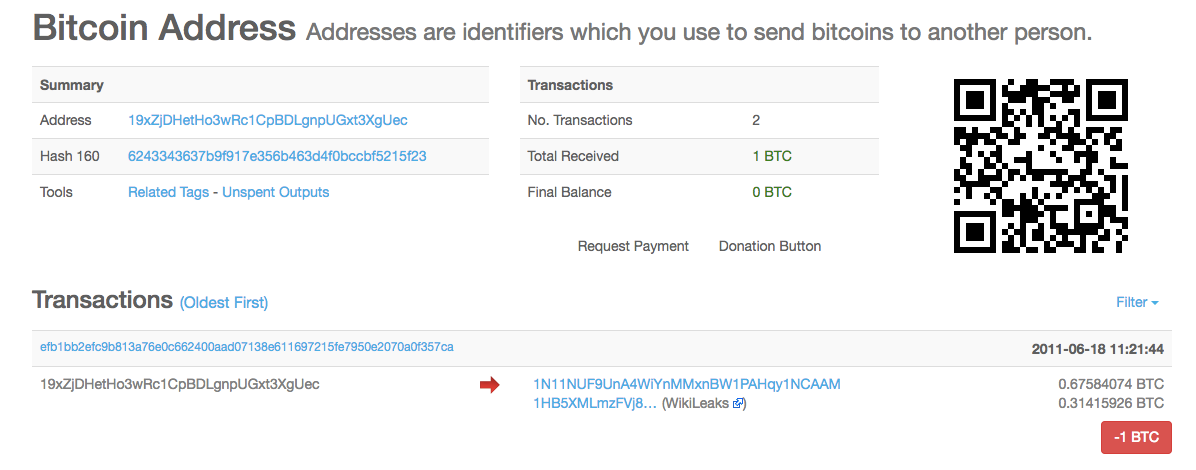

However, when the crypto asset owner knows part of their own password the probability of recovering it increases dramatically.” Bitcoin and altcoin passwords are secure enough to foil a brute force password attack when the attacker has no prior knowledge of the password. We will use your password guesses to “brute force” your password. Without having to turn over ownership of their keys, retail investors can hold their own private keys and still retain recourse through Crypto Asset Recovery in the event they lose their password to what they call “common crypto assets,” such as Bitcoin, Ethereum, Litecoin, Dogecoin or dozens of other altcoins.Īs explained on its website, “you provide us with a copy of your wallet (or even just your Wallet ID in the case of a account) and your best guesses as to what your password is.

“This is where Crypto Asset Recovery helps retail investors the most,” he says. a “forgot my password button”).”īrooks adds that there are solutions to this issue, the most popular being custodial wallets, however, many in the crypto world see custodial wallets as being in opposition to the decentralized nature inherent to blockchain technology.
#Old blockchain wallet full#
“To your average retail investor, the crypto and defi world is full of opportunities but fraught in insecurity by the lack of a safety net in the way of a centralized entity controlling their login details and securing their assets (i.e. “The value we add to the market is mostly reaped by retail investors as your typical retail investor is not always as serious about security as an investment firm with billions of dollars in assets under management,” Brooks tells GOBankingRates. Charlie Brooks, founder of the New Hampshire-based firm, tells GOBankingRates that while cryptos’ inherent decentralization, paired with strong encryption, lend to a very secure system for stores of value – the nature of its decentralization also acts as an Achilles heel.


 0 kommentar(er)
0 kommentar(er)
